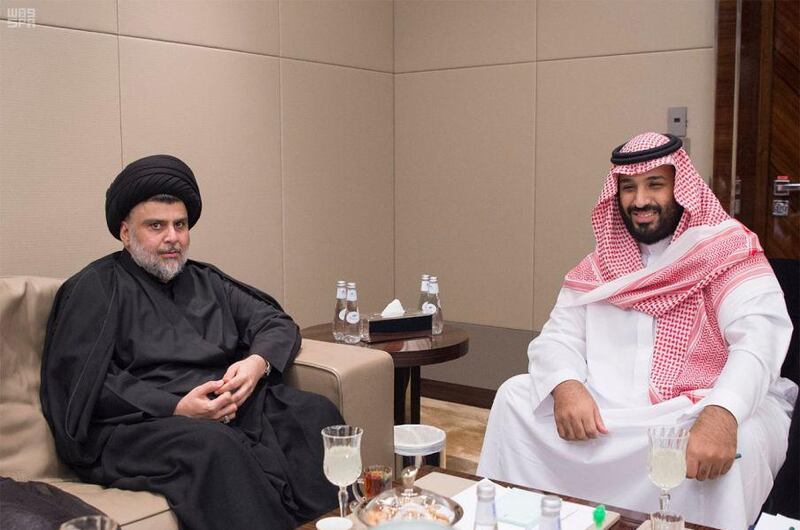Iraqi demonstrators took to the streets on Friday, answering a call from cleric Moqtada Al Sadr for protests against corruption across the country.
“I hope that the Iraqi citizens are aware of how corrupt politicians are, especially that they engage with dirty schemes to restore corruption which will affect their lives. So they need to stage demonstrations in their millions in order to determine their fate” said Mr Sadr.
He said Iraqi politicians intended to bring in a new law for the upcoming provincial elections that would benefit only them. This was why Iraqis needed to protest in great numbers, the Shiite cleric said.
His rallying call came two days after the parliament approved more than 20 amendments to the electoral system, which will affect the provincial elections expected to take place in 2018.
The amendments include introducing the “Sainte-Lague” system of counting votes.The method of distributing seats is used all over the world but Mr Sadr and some other smaller political parties say it would “ only serve the interests of the dominant political parties.”
Mr Sadr returned on Wednesday from a surprise visit to Saudi Arabia, which sparked controversy among Shiite political blocs in Iraq.
During his visit Mr Sadr met with Saudi Crown Prince Mohammed bin Salman and discussed ways to strengthen Saudi-Iraqi relations.
In an another unprecedented move, Mr Sadr urged his followers to remove anti-Saudi slogans and banners from the streets.The banners were raised following the execution of Shiite cleric Nimr al Nimr by Saudi Arabia in 2016.
Meanwhile, Iraq's parliament on Thursday postponed questioning acting trade minister Salman Al Jumaili over corruption allegations after he launched a legal challenge, trade ministry officials and parliament sources said.
The minister, a Sunni Muslim in a government dominated by Shiites, contested the legality of the signatures gathered to authorise his grilling. One of the politicians involved in the investigation, Alia Nussayif, said the case - which concerns import deals for contaminated rice - would now be heard in parliament on August 7.
Mr Jumaili denies any wrong doing.His spokesman Abdul Zahra Al Hindawi said that some of the signatures had been forged.
“Minister Jumaili is ready to answer all questions but the process should be legal and valid” said Mr Al Hindawi.
Prime Minister Haidar Al Abadi has promised to tackle corruption in a political system that doles out positions along ethnic and sectarian lines, creating powerful patronage networks.






